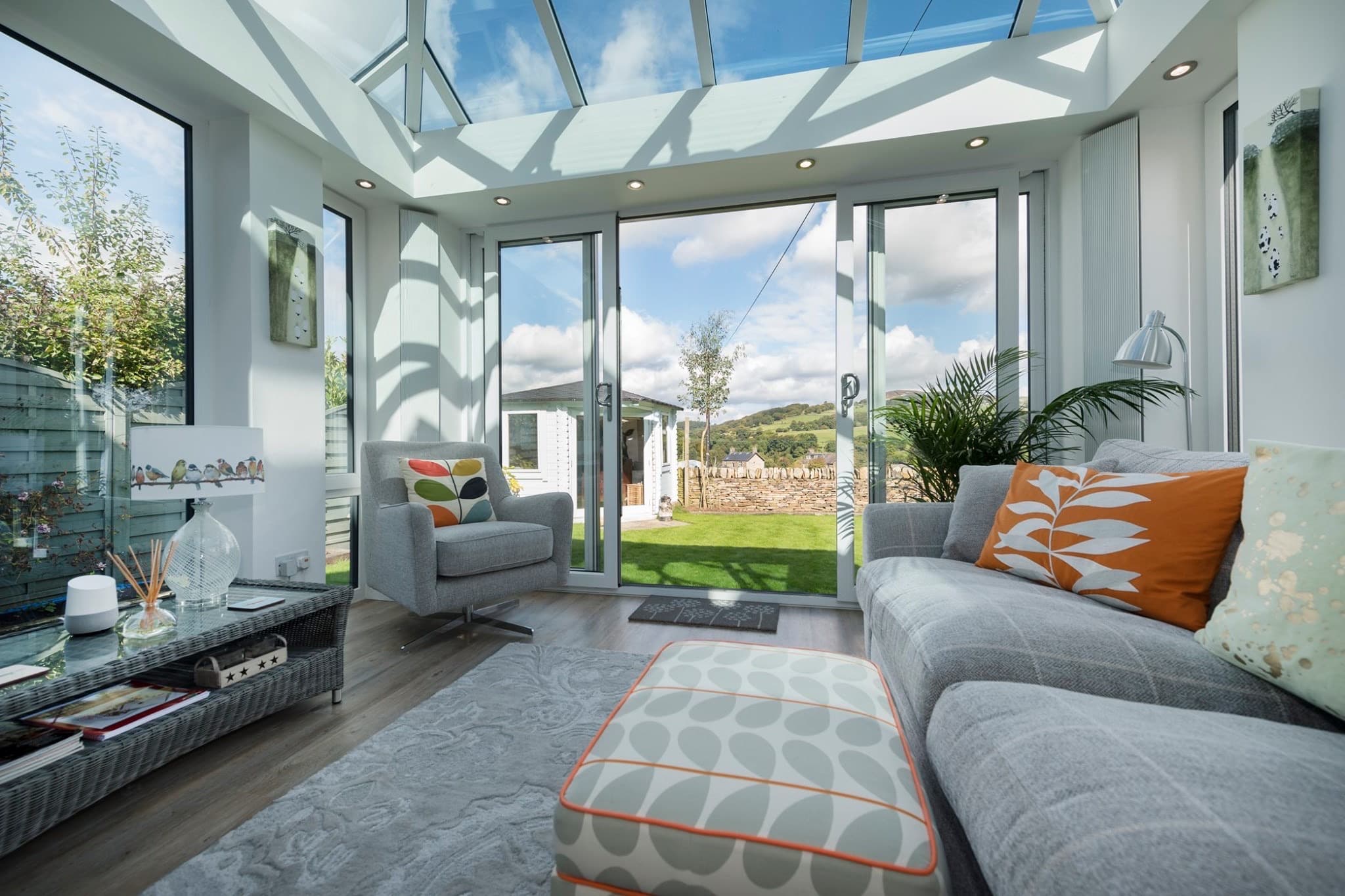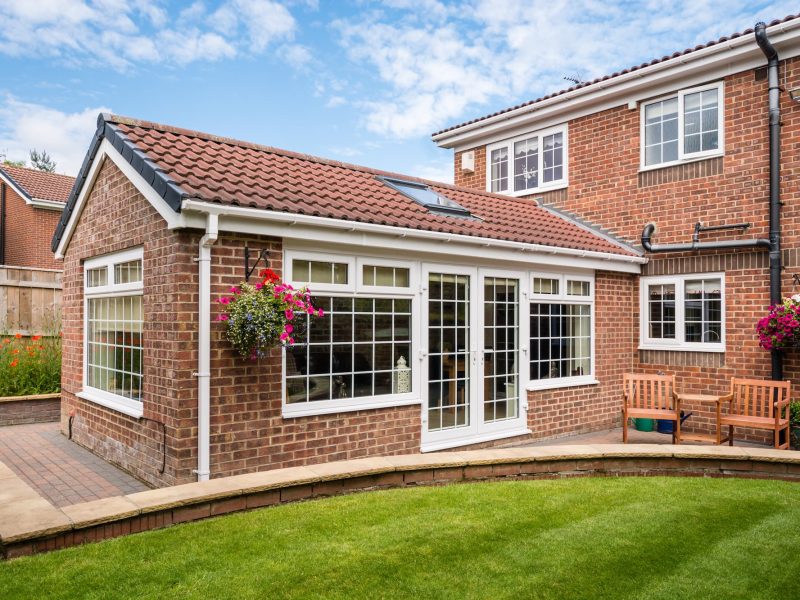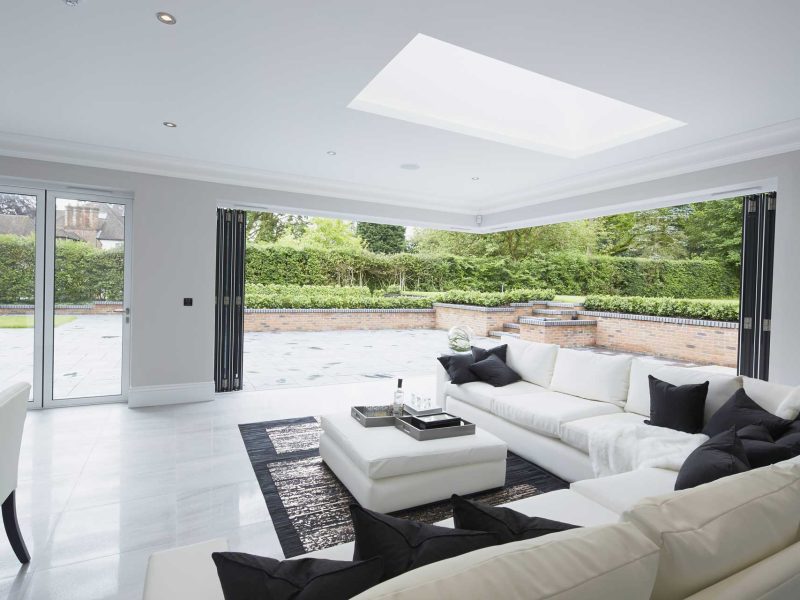Do I Need Planning Permission For A Conservatory?
When considering the addition of a conservatory to your home, one of the first questions that often arises is whether planning permission is necessary. This can be a bit of a minefield for homeowners, but understanding the regulations can help you make informed decisions about your new space. Here at Modern Light Room Extensions, we’re here to guide you through the ins and outs of planning permission for conservatories.
What is a Conservatory?
A conservatory is a fantastic way to extend your Hampshire home while bringing the beauty of the outdoors inside. Typically characterised by a higher glass-to-brick ratio, conservatories can serve various purposes, from a sunlit dining area to a tranquil reading nook. They come in various conservatory styles, allowing you to choose one that complements your home’s aesthetics.
When is Planning Permission Required?
In many cases, you won’t need planning permission for a conservatory, thanks to the UK’s permitted development rights. However, there are specific conditions that must be met:
Size Restrictions: The conservatory must not exceed a certain size. For detached homes, it should not cover more than 50% of the garden area. For semi-detached or terraced houses, the maximum height should not exceed 4 metres, and the eaves height should not be more than 3 metres if it’s within 2 metres of the boundary.
Height Limitations: If your conservatory is within 2 metres of a boundary, it should not exceed 3 metres in height. If it’s further away, it can be taller, but still must adhere to the overall size restrictions.
Design Considerations: The design of your conservatory should be in keeping with the character of your home. If your property is listed or in a conservation area, you may need to apply for planning permission regardless of size.
Independent Heating: If your conservatory has independent heating, it may be classified as an extension rather than a conservatory, which could require planning permission.
Materials Used: The materials used in the construction of your conservatory can also affect whether you need planning permission. If you’re using materials that don’t match the existing property, this could trigger the need for permission.
Understanding Building Regulations
Even if you don’t need planning permission, you will still need to comply with building regulations. These regulations ensure that the structure is safe and energy-efficient. Key considerations include:
- Thermal Performance: Modern conservatories should be designed to be energy-efficient. This includes using high-performance double glazing windows and insulating beams to maintain a comfortable temperature year-round.
- Structural Integrity: Your conservatory must be structurally sound and able to withstand the elements. This includes ensuring that the foundations are adequate for the weight of the structure.
- Ventilation: Quality ventilation is essential to prevent condensation and maintain air quality.
Advantages of a Conservatory
Adding a conservatory to your home can offer numerous benefits:
- Increased Living Space: A conservatory provides additional space that can be used for various purposes, enhancing your home’s functionality.
- Natural Light: With large glass panels, conservatories allow for an abundance of natural light, creating a bright and airy atmosphere in your Hampshire home.
- Connection to Nature: A conservatory can serve as a seamless link between your home and garden, allowing you to enjoy the beauty of your outdoor space throughout the year.
- Increased Property Value: A well-designed conservatory can add significant value to your home, making it more attractive to potential buyers.
Ensuring Conservatory Compliance
To ensure that your conservatory meets all necessary regulations, consider the following steps:
- Consult with Professionals: Engaging with professionals who specialise in conservatory design can help you navigate the complexities of planning permission and building regulations.
- Check Local Guidelines: Always check with your local planning authority for specific guidelines and requirements in your area. They can provide valuable information on what is permissible.
- Consider a Pre-Application Consultation: If you’re unsure about whether your conservatory will require planning permission, consider a pre-application consultation with your local council. This can provide clarity and help you avoid potential issues down the line.
Conservatory Prices Southampton
In summary, while many conservatories can be built without the need for planning permission, it’s essential to understand the specific regulations that apply to your situation. By ensuring compliance with both planning and building regulations, you can enjoy your new conservatory without any legal headaches.
If you’re considering adding a conservatory to your home, we at Modern Light Room Extensions offer a range of styles and designs tailored to your needs. Speak to our team today for more information about our conservatories by using our contact form or by giving us a call on 023 8081 1432. Alternatviely, you can use our free online quoting engine today to get a conservatory price and let’s bring your vision to life!



